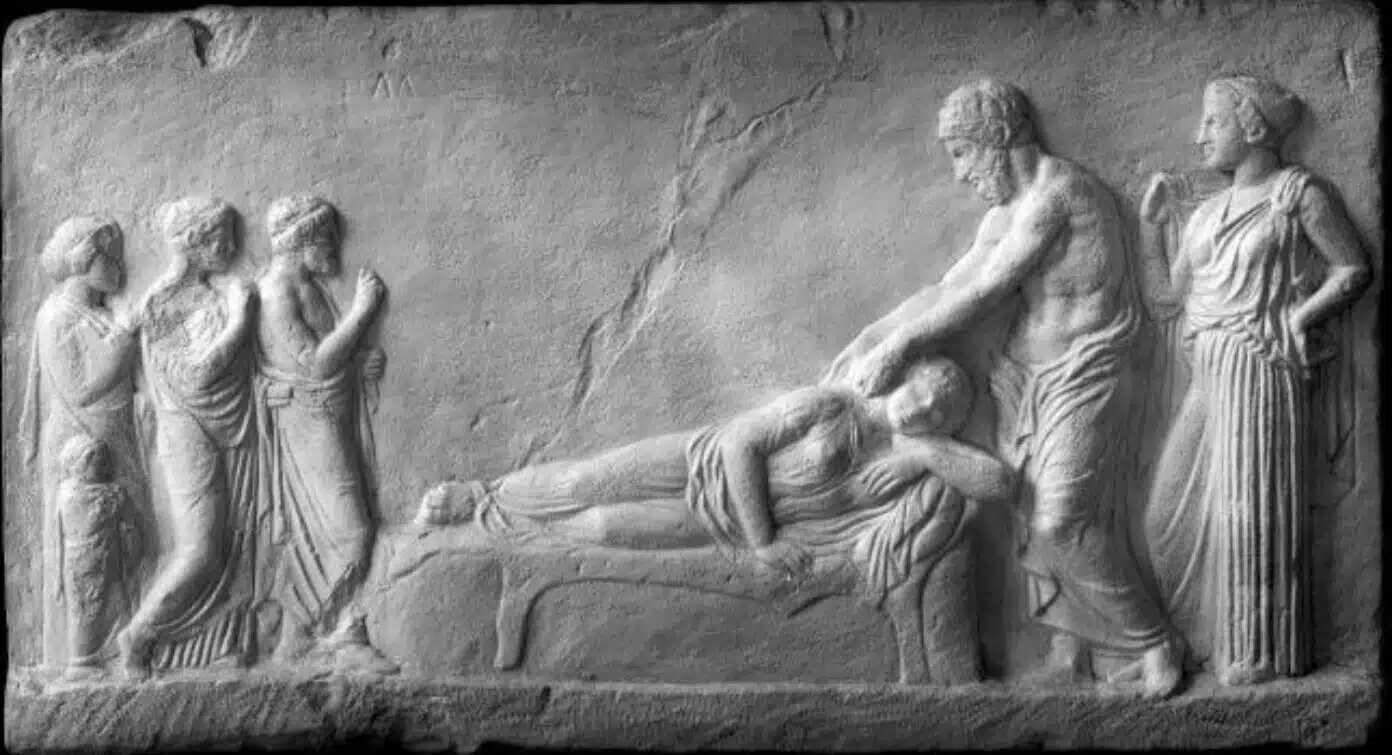

Therapeutic sleep, known as “incubation,” played a vital role in ancient Greek medicine, according to a new study by George Kapotsis of the National and Kapodistrian University of Athens. The practice, rooted in religious tradition, invited the sick to sleep in sacred temples where they believed the healing god Asclepius would visit them in dreams.
Patients didn’t just rest; they followed a strict process. First, they went through physical and spiritual cleansing. Then they offered sacrifices, fasted, and spent time in peaceful, scenic surroundings. At night, they lay on animal skins inside temple halls, awaiting divine guidance or direct healing through dreams.
These sacred centers, called Asclepieia, weren’t just places of worship. They were early hospitals. Priests acted as doctors. Healing came not through surgery but through rituals that combined rest, nature, music, diet, and strong faith.
Dreams were central. Many believed Asclepius appeared in sleep, offered treatment advice, or directly healed the sick. Whether through touching the body, offering symbolic cures, or using sacred animals like serpents or dogs, these experiences often left people feeling better by morning.
While it’s unclear if these were actual medical cures or results of deep belief, the study shows that faith alone could have triggered a psychological and physical healing response. Today, we might call that a placebo effect.
Kapotsis explained that these rituals did more than comfort the sick. They laid the groundwork for a more scientific approach to healing. Over time, practical knowledge, from herbal remedies to exercise and massage, joined the spiritual practices.
Eventually, medicine shifted from ritual to science. Hippocrates, often called the father of modern medicine, emerged from this world. He adopted a more rational approach, focusing on observation and natural causes of illness. Yet even he kept the human-focused values of Asclepius’ healing tradition.
The study notes that the Asclepieia were among the first places to treat patients as whole human beings—mind, body, and soul. That concept, known as holistic care today, is still relevant in modern therapy.
The research also draws attention to the patients’ emotional and mental strength. When people believed they would heal, they often did—or at least felt better. Ancient temples used storytelling, dream interpretation, symbols, and sacred rituals to shape patient expectations.
The expectation, combined with calm surroundings and compassionate “doctors,” may have facilitated the brain’s activation of natural healing processes. According to the study, the temple’s quiet, dark, and isolated layout helped focus the mind and stir powerful dreams.
Kapotsis suggests this interaction between mind and body should not be overlooked. The study explains that what appeared to be a divine cure may have been the brain’s ability to heal, triggered by ritual, belief, and emotional support.
Though ancient incubation is no longer practiced, its principles continue to echo in modern care. Emotional support, personal responsibility in healing, and trust in a caregiver—all are proven factors in health outcomes.
Kapotsis believes medicine today can still learn from Asclepius. While today’s hospitals use machines and scans, many patients still crave human connection, peace, and purpose.
The study concludes, in many ways, that those ancient healing rituals reflect what modern health systems aim to rediscover—the power of belief, the need for emotional care, and the importance of treating every person as a whole.
